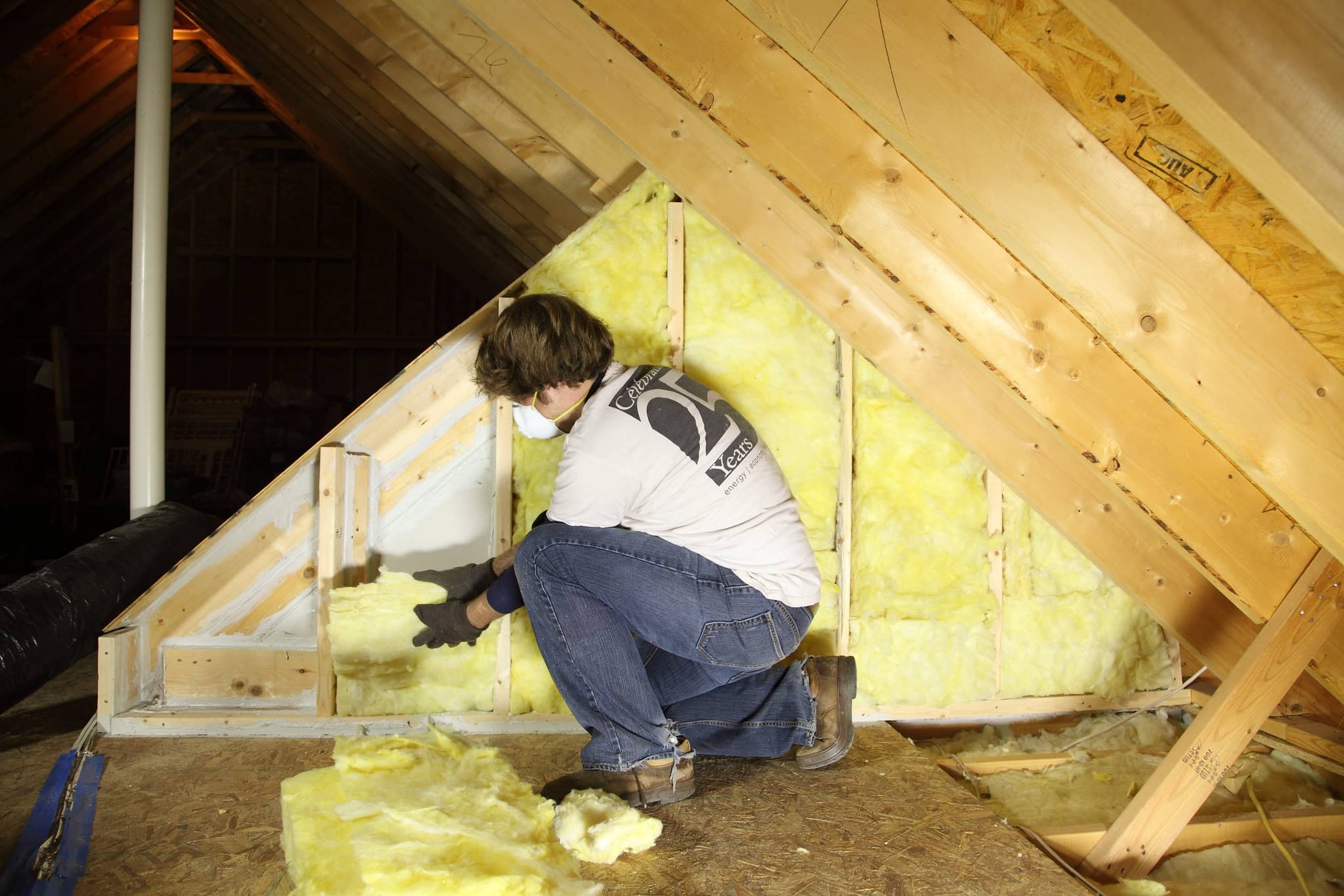We must all play our part to start tackling climate change, so the Isle of Wight Council have produced a Top Ten list of the ways you can reduce your carbon footprint.
1) Walk, cycle or take public transport
In 2017, motor vehicles were used for approximately 60% of journeys of 1-2 miles.
By walking or cycling for shorter journeys or using public transport where possible, you could drastically reduce your carbon footprint, as well as help to reduce air pollution locally.
2) Consider an electric car for your next vehicle
The government has announced that new petrol and diesel vehicles will no longer be available for sale from 2030 onwards.
If you need to replace your car before then, you could consider an electric or hybrid vehicle instead. There are currently government grants of up to £2,500 available to purchase a new electric vehicle, and other grants available to help install an EV charger at your home.
3) Buy local and second-hand
There has been a big increase in availability of sustainable products in shops over the past few years, but the most sustainable item is one that already exists.
You could consider purchasing second-hand furniture or clothing items or buying refurbished electrical items instead of brand new. Buying local from the Island’s charity and second hand shops will also reduce emissions from transport.
4) Cut down on single-use items
We generate around 5 million tonnes of plastic each year in the UK. That includes 15 million ‘single use’ plastic bottles per day.
There’s a growing list of products designed to decrease the use of single-use products. You can also take your own containers to several shops across the Island to fill with food instead of purchasing pre-packaged food and disposing of the packaging.
5) Cut down on meat and dairy
Emissions from production of meat and dairy are much higher than emissions from production of grains, pulses, fruits, and vegetables.
If you don’t want to go vegetarian or vegan full-time, you could instead aim to go meat and dairy free for one or two meals or days per week.
6) Eat local and seasonal
If your ingredients have come a long way, they may have a heavy carbon footprint. Particularly if the produce is not native or in season in the UK.
By eating food produced locally, you lower the carbon footprint that arises as a result of transporting food. This also helps to support the local economy.
7) Reduce water use
The average UK household uses 330 litres of water every day. Treating water to make it clean and safe to use produces a carbon footprint.
To help reduce water use, you could fix any leaky taps, place a brick in the cistern of your toilet to use less water per flush, ensure that you don’t leave taps running when washing up or brushing your teeth, or aim to take shorter showers or use a water-efficient shower head.
8) Reduce your energy use
Reducing the amount of energy we use is as important as using renewable energy.
To help use less energy, you could switch off lights when you’re not in the room, switch off appliances such as your TV or computer instead of leaving them on standby, or air drying clothes instead of using a tumble dryer, especially during warmer weather.
9) Insulate your home
Well-insulated homes help decrease energy use as they use less energy to stay warm during colder months.
Try identifying any gaps in windows and doors to ensure that these are sealed during colder weather.
You may be eligible for free insulation through the Warm Up Wight scheme or Green Homes Grant. To check, visit: Warm Up Wight or Green Homes Grant.
10) Switch to a renewable energy provider
Switching to a renewable energy provider will mean that more renewable energy is being provided into the UK’s energy mix, reducing the country’s overall carbon footprint annually.
Many energy providers now focus solely on providing renewable energy for both electricity and gas. These can be found by carrying out a quick search online, which will identify several energy switching and price comparison services.
Let’s make the right choices
Every choice we make is having an impact. Let’s make the right choices.
Read more about what has the Island has achieved so far and what will be happening next in our mission to become a carbon neutral Island.
News shared by Isle of Wight council press office, in their own words. Ed
Image: The EnergySmart Academy under CC BY 2.0





